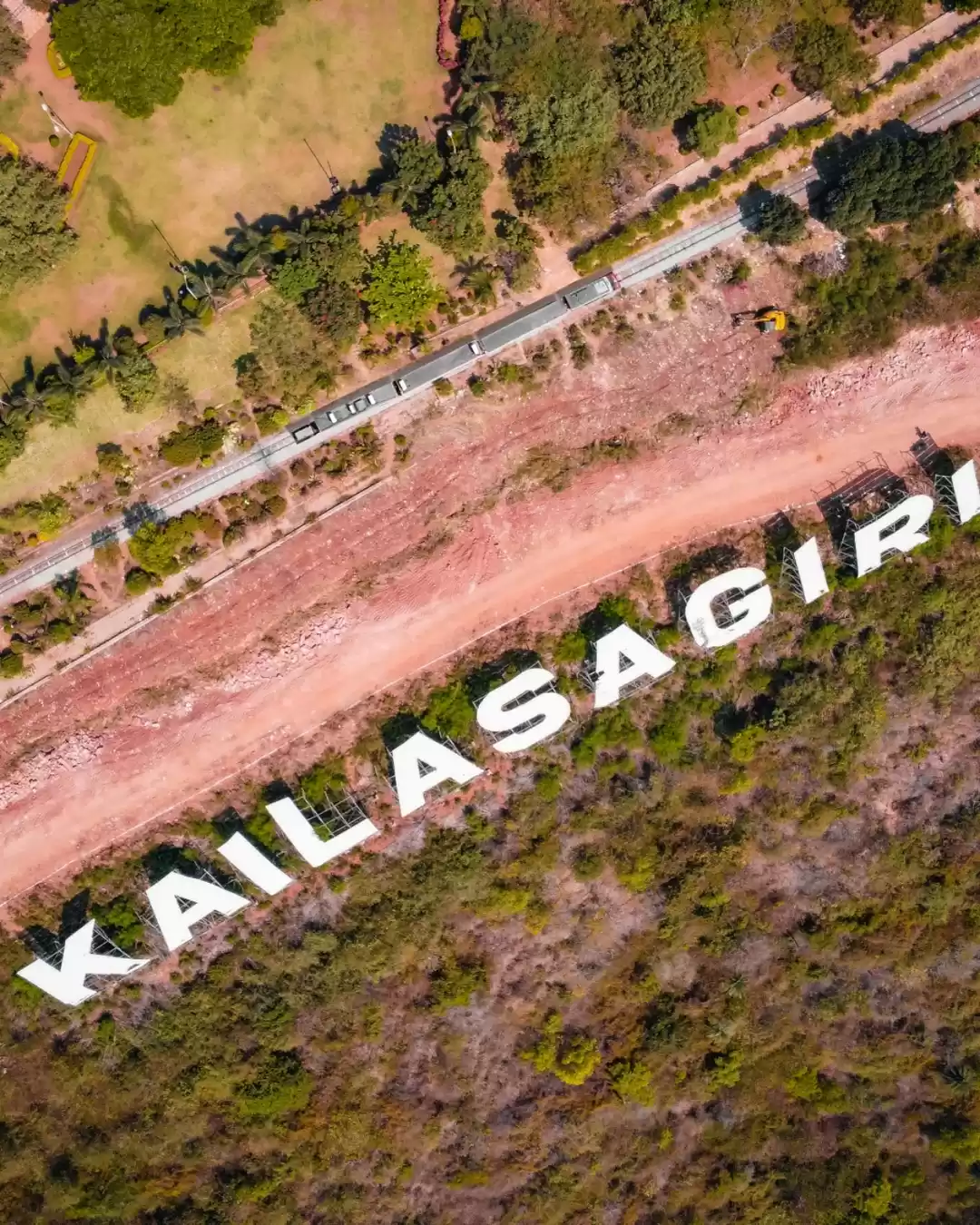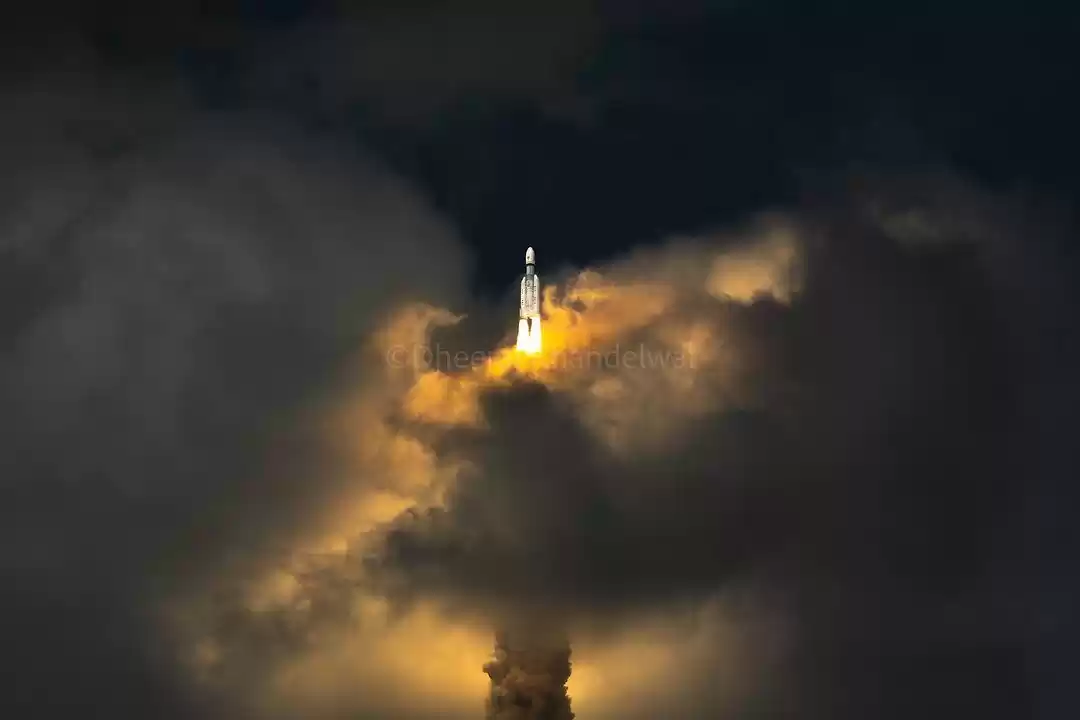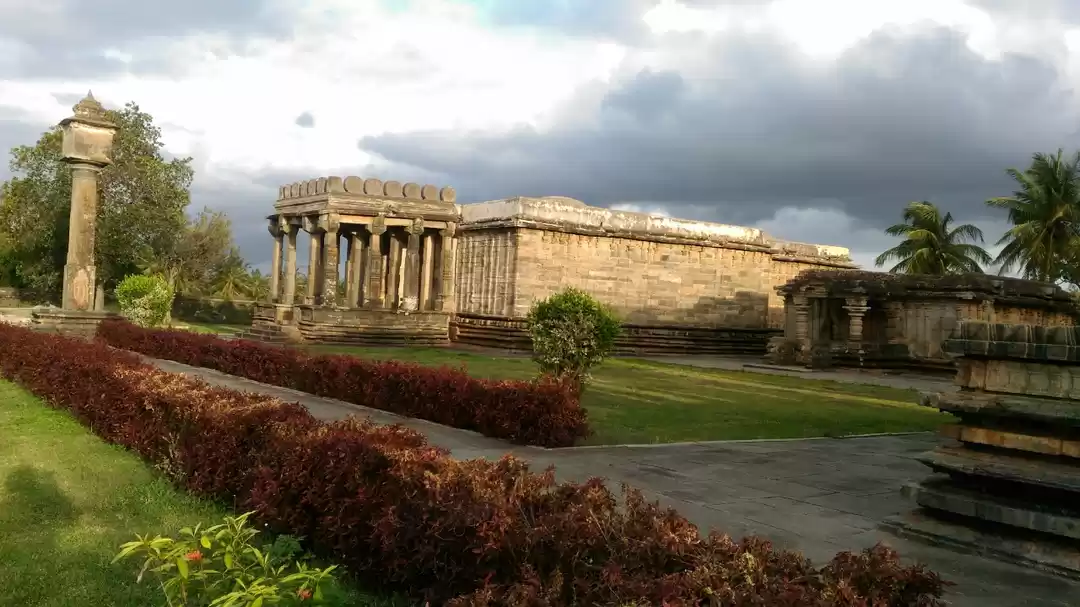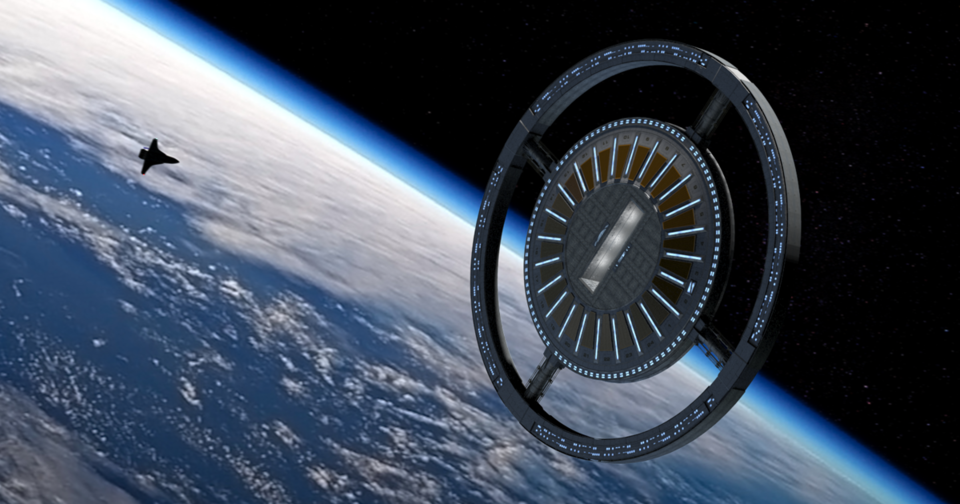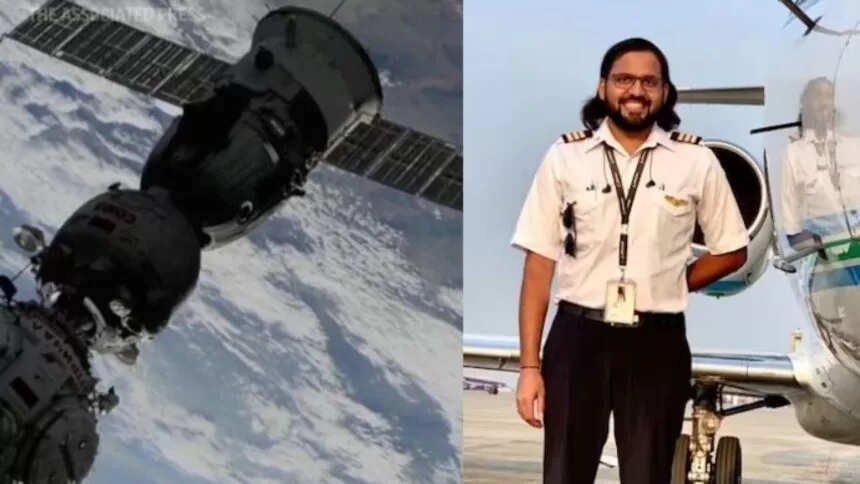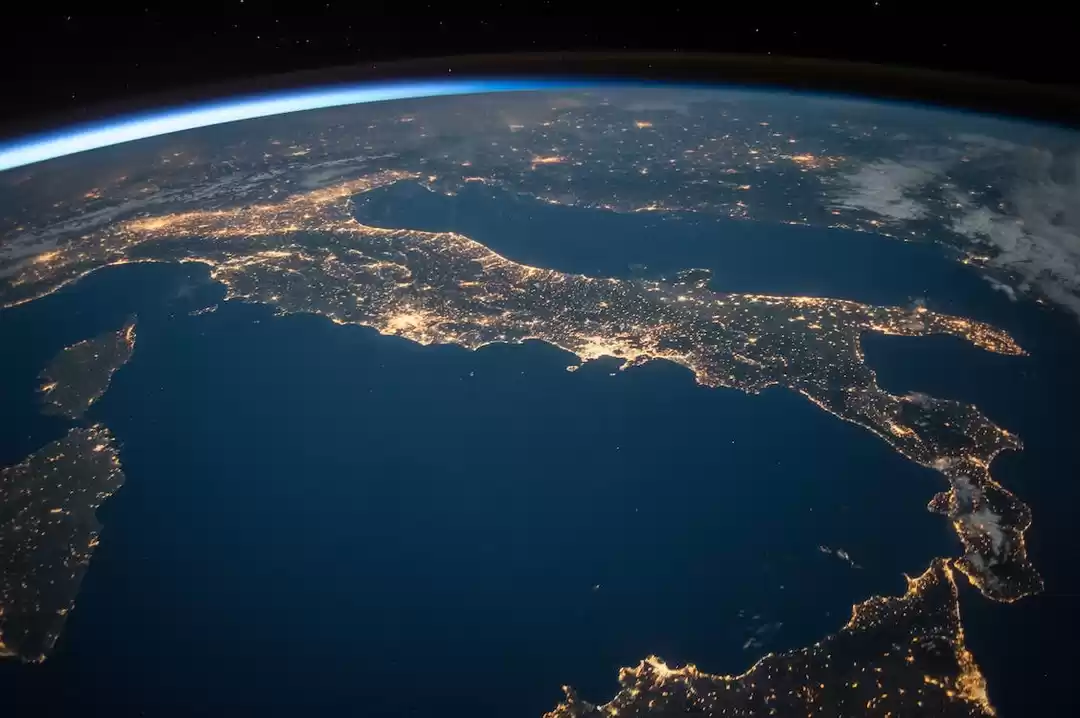
After the initial launch was delayed due to a technical snag, India’s moon mission Chandrayaan-2 is finally back on track. Amidst all the excitement, there are several questions intriguing the mind of every Indian citizen – who are still unclear about the goal of this mission. We all know for a fact that ISRO plans to explore the untouched South Pole on the dark side of the Moon. However, you'll be surprised to know that there’s a lot more to the project which makes it a giant leap in understanding the Universe.

The Take-Off
The initial launch for ISRO’s Chandrayaan-2 was set at 02:51 a.m. on 15th July from the Satish Dhawan Space Centre (SDSC) at Sriharikota, Andhra Pradesh. After it was called off, the flight is now scheduled for 22nd July at 02:43 p.m.. It is expected to make a 3.84 lakh kilometre journey, with the landing on the Moon likely to be on 6-7 September 2019.
Inside Chandrayaan-2
Chandrayaan-2 involves three modules: an orbiter, a lander (Vikram), and a rover (Pragyan). The orbiter will orbit 100km above the lunar surface, the lander will drop the rover safely to the south pole of the moon and the rover will then explore the area. It will further have 14 scientific instruments as payloads. ISRO’s GSLV Mk 3, popularly named Bahubali, will carry the collective unit into Moon’s orbit.

Mission Statement
With Chandrayaan-1, India found proof of existence of water on the Moon. Chandrayaan-2 is being hailed as the next step in space exploration for collecting scientific data. The dark side of the Moon is likely to host greater traces of water and may help answer the vital question of setting up colonies on Moon in the future.
Vital Importance
Apart from being the first space mission to land on the south polar region of Moon, Chandrayaan-2 will also be India’s first attempt at soft landing with home-bred technology. After a successful attempt, India will only be the fourth country ever to soft land on the lunar surface.

Total Cost
The Chandrayaan-2 mission is cheaper than some of the recent Hollywood blockbusters. Even the Statue of Unity in India is surprisingly costlier! The entire project cost India $143 million or Rs 978 crore, making it another valuable feet in ISRO’s arsenal.
Witness The Glory First Hand
Yes, it is indeed possible to watch history being made! Online registrations for witnessing the launch have commenced from 6 p.m. on July 19, 2019. ISRO has confirmed that a 'space theme park' has been created at SDSC to allow enthusiasts to witness the launch from the space port of India. To book your seats, click here.
What do you feel about the project? Tell us your views in the comments below. Click here to share your travel stories with the Tripoto Community.
Get travel inspiration from us daily! Save our number and send a Whatsapp message on 9599147110 to begin!












